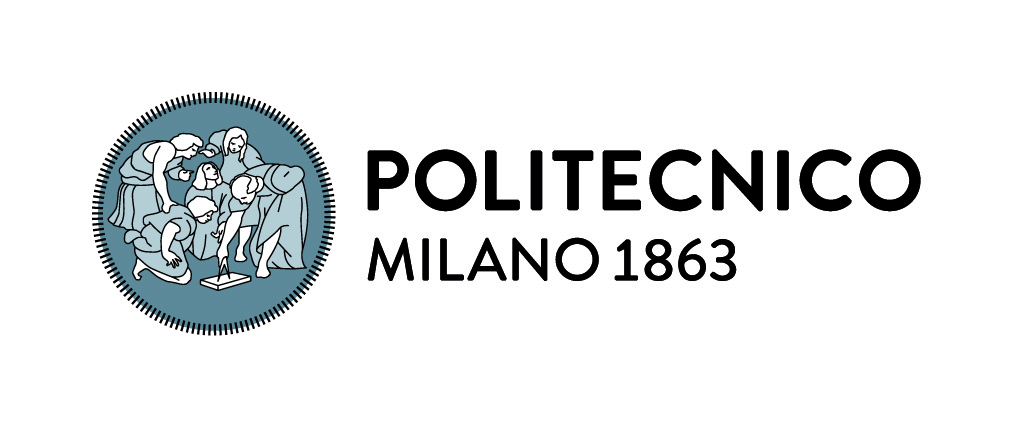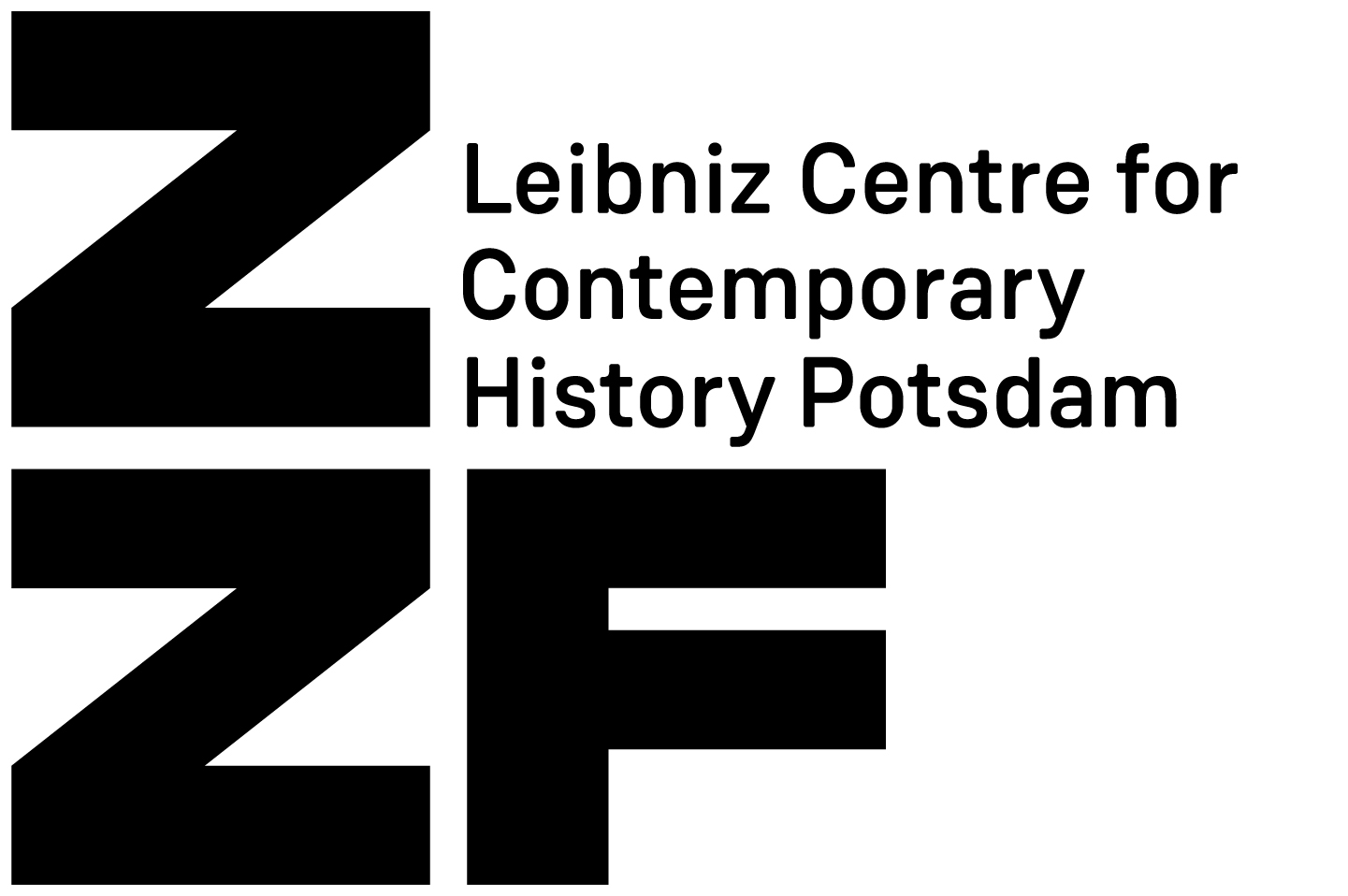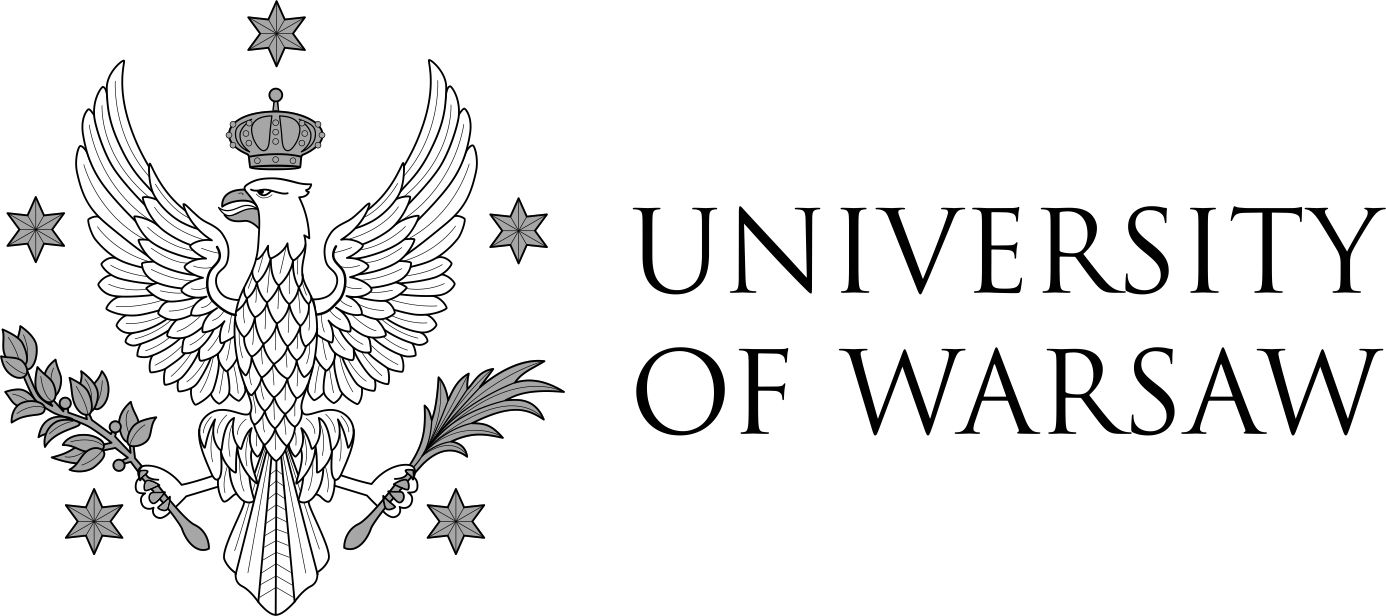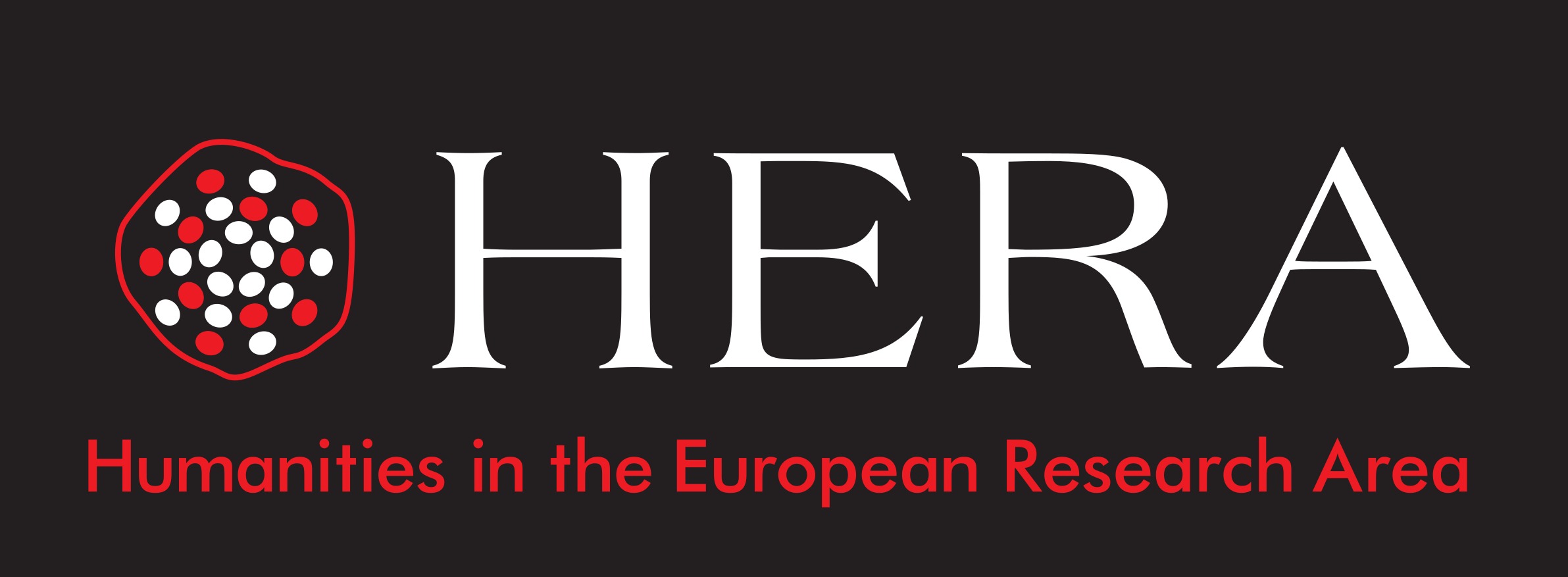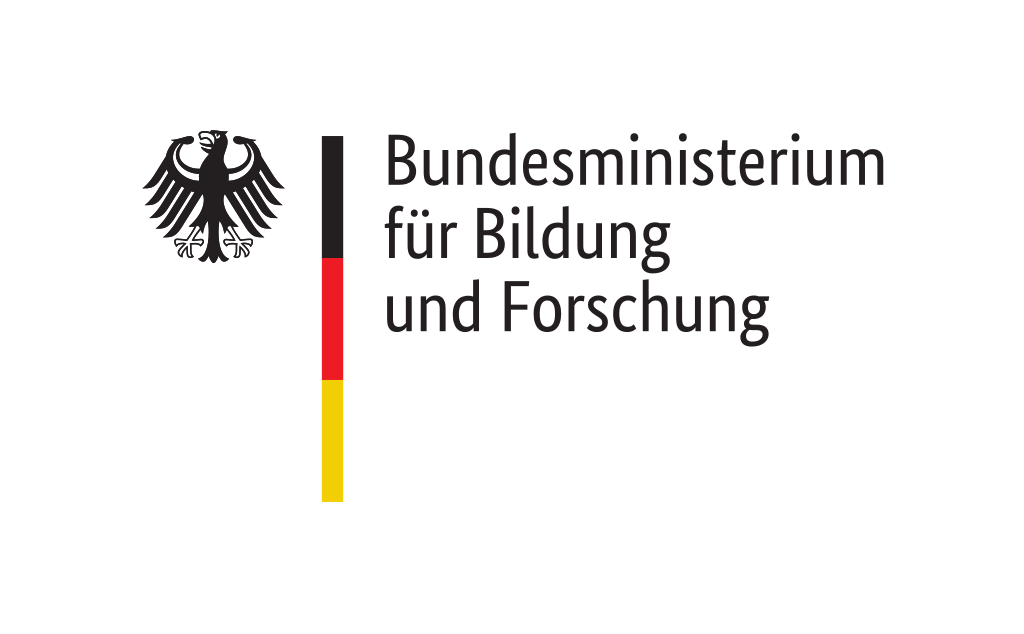News & Events
en/counter/points expresses solidarity with Ukrainian communities
A Statement from the Memory Studies Association expressing solidarity with Ukrainian communities
With the entire world, we watch with grave concern the naked military aggression of the Russian state against Ukraine. Despite everything we know from our study of history and memory, we had dared to hope that wars such as this—a war of choice, without convincing justification, in violation of international law and norms—were a thing of the past. We watch with particular concern for those whose lives that will be destroyed by the violence of advanced weaponry, dispossession, and fear. As a group of colleagues, we also express solidarity with our friends, partners, and association members—from Ukraine, Russia, and Belarus—whose well-being, intellectual and political freedom, livelihoods, and lives are in danger.
Moreover, as scholars of memory, we are also outraged by the gross manipulations of history and memory that Russian President Vladimir Putin has deployed in support of his government’s actions. Memory studies seeks to understand the many uses of memory, the claims made on its behalf, and its consequences, but we do so in the name of truth and humanity. Clearly, we have more work to do.
Scholars in peril—whether members of the MSA or not, whether junior or senior—are encouraged to contact the association, which stands ready to help in any way it can. For instance, we are working with partners in various European and US institutions to offer places of academic refuge.
Please also see the MSA’s Working Group on Post-Socialist and Comparative Memory Studies’ statement: https://www.posocomes.org/post/statement-on-the-invasion-of-ukraine. Here you can also find resources and advice on how you can help.
The MSA Fellowship “Memory Scholars at Risk”: Call for Host Institutions and Donations
The Memory Studies Association offers funds for two fellowships of 4000 € each to support memory scholars at risk. The MSA is looking for institutions across the world that would like to provide a place of academic refuge including matching funds or equivalent in-kind assistance. Such institutions can contact scholars at risk known to them or seek advice from the MSA, which is collecting information on colleagues needing support. While the MSA is currently able to offer two fellowships, it is continuing efforts to raise more funds for additional fellowships.
General rules of the application:
- The host institution names an MSA Fellow.
- The host institution is expected to facilitate the integration of the MSA Fellow into the local academic community.
- The host institution delegates a senior or mid-career scholar to work with the MSA Fellow as a liaison.
- The two scholars are encouraged to co-write an article or co-produce any different kind of output together, such as a grant application, that might strengthen the international academic position of the MSA Fellow.
- The host institution is expected to provide affiliation, working space, and housing as well as help in visa, health insurance and other formal arrangements.
- The length of the fellowship is a minimum of two months, although the MSA encourages a longer stay. A collaboration of two or more academic institutions from the same city or country might help this purpose.
Applications not exceeding 3000 words in total should contain the following:
- a description of the perilous situation of the proposed Fellow;
- a description of the memory related project to be carried out by the proposed Fellow;
- information on the support provided by the hosting institution, including the dates of the scholarship;
- short bios of the memory scholar in peril and the liaison scholar.
To help scholars at peril, we encourage the liaison scholar to fill out the application.
The application (one document in pdf) should be sent by 30 April 2022 to the following email address: msafellowship@gmail.com
The MSA Fellowship Committee consists of: Sarah Gensburger (CNRS, Paris), Jie-Hyun Lim (Sogang University, Seoul), Kateřina Králová (Charles University Prague), Ann Rigney (University of Utrecht), Aline Sierp (Maastricht University), Joanna Wawrzyniak (University of Warsaw), Jenny Wüstenberg (Nottingham Trent University)
Should you have further questions please contact Joanna Wawrzyniak at wawrzyniakj@is.uw.edu.pl.
Call for Donations
The Memory Studies Association is organizing a fund to support memory scholars at risk. The fund will co-sponsor fellowships in hosting institutions across the world. Please consider donating any amount you can to help our colleagues whose lives and careers are at risk.
Please use the following account details:
Memory Studies Association
ABN AMRO
IBAN: NL94 ABNA 0247 8551 11
BIC: ABNANL2A
Please add “Scholars in peril donation” in the title of your transfer.
Many thanks for your consideration and support!
Best wishes,
Sarah Gensburger, Jeffrey Olick, Aline Sierp, Jenny Wüstenberg
Co-Presidents
Jelena Dureinovic, Catherine Gilbert, Sang-Hyun Kim, Magdalena Saryusz-Wolska, Hanna Teichler, Joanna Wawrzyniak
Executive Committee
Last modified: Thu, 03 Mar 2022 12:31:46 GMT


